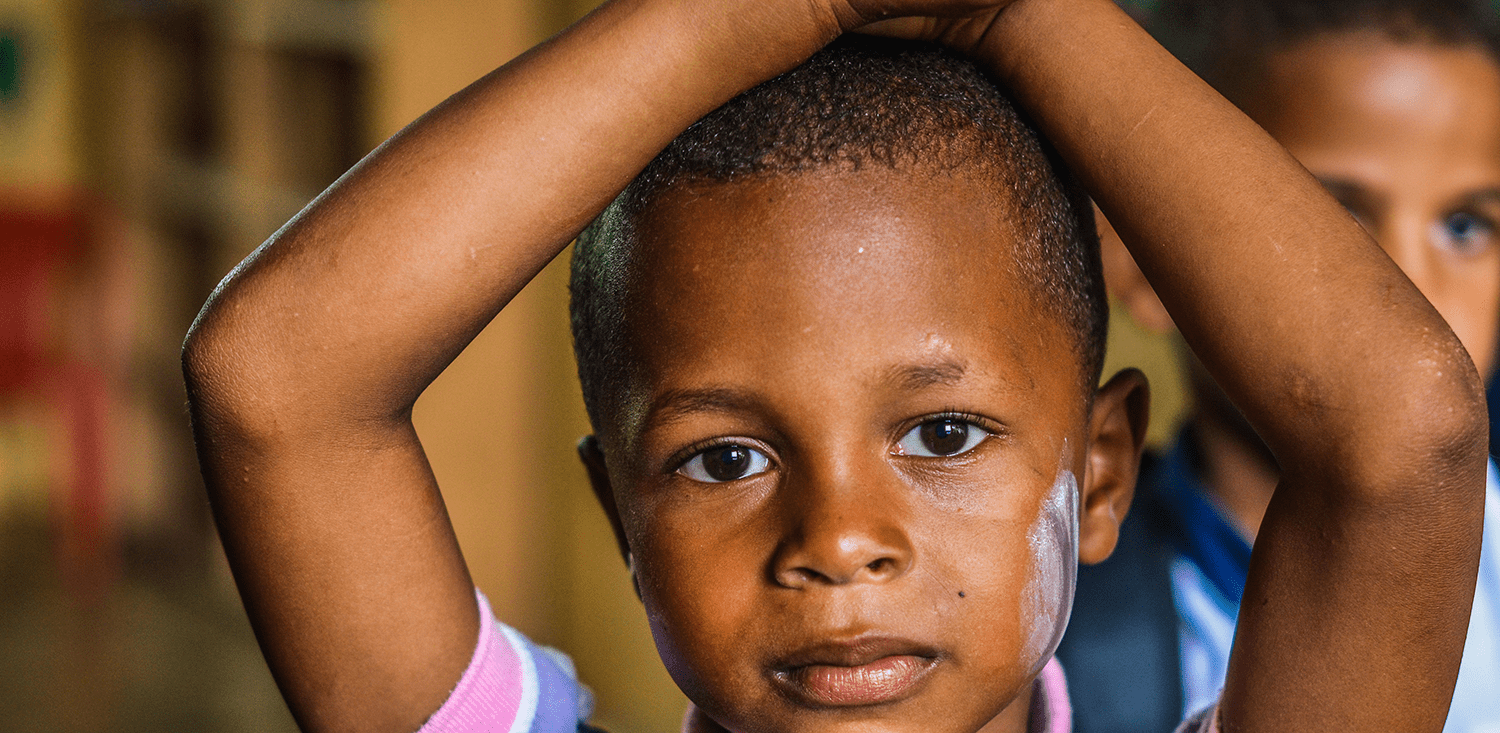
Using Parenting Assessment to Support Court-Involved Families
Easter Seals Vermont provides a variety of family engagement services across the state. In seven child welfare districts, Easter Seals staff work alongside the Department for Children and Families social workers to provide preventative and restorative services. One of the programs developed by Easter Seals is called Family Time Coaching, based on Marty Beyer’s Visit Coaching innovation.
Guest Post By:
Auguste Elliott
Clinical Consultant to Easter Seals Vermont
In Family Time Coaching, families with children in state custody are provided a Coach who works with parents and other family members during before and after visits.
Visit coaching is fundamentally different from supervised visits. Instead of watching the family, the coach is actively involved in supporting them to demonstrate their best parenting skills and make each visit fun for the children. Visit coaching includes:
• Helping parents articulate their children’s needs to be met in visits
• Preparing parents for their children’s reactions
• Helping parents plan to give their children their full attention at each visit
• Appreciating the parent’s strengths in responding to each child’s needs
• Helping parents cope with their feelings in order to
(a) visit consistently and
(b) keep their anger and depression out of the visit
Evaluating such an innovation requires gathering many different types of information. Easter Seals Vermont has developed an evaluation program that measures quantitative outcomes such as moves and permanence, analyzes the qualitative experience of participants, measures changes in beliefs about parenting, and now, thanks to KIPS, observes changes in the parent-child interaction. In our Family Time Coaching program KIPS is used both as a pre- and post-test of the intervention, as well as an additional guide in the work of the coach and parent(s).
Prior to implementing KIPS, we first worked to gain staff buy-in. An informational session was held for all coaches in which we provided Coaches with rationales as to the benefits of KIPS to their work and with language to help families understand benefits to them. The protocol, process, and forms were reviewed and questions answered and concerns discussed. By using KIPS library videos of one family, from introduction to video review, we were able to show Coaches what the process looked like. The group scored the video of the parent-child interaction together and were extremely proud of their score. That experience went a long way towards Coaches embracing their current role in using video and applying the findings in supporting parents.
In our initial roll out, the coordinator of each office and one other senior staff (known as Family Engagement Specialist) were KIPS-certified using the online training. At intake into the program certified staff meet with families to explain KIPS, collect the observational video, then score the video, and then provide consultation to the Family Time Coach and family as to how they can apply the findings. To facilitate this process, we have created a “KIPS Family Planning Guide”, based on the guide in the KIPS scoring form, which is completed during the video review by family, coach, and KIPS-certified observer. The Guide facilitates the input from the family and Coach in planning how they will work together.
These families are in extremely vulnerable situations. One important component of our roll out was the development of a consent form and protocol that would meet the requirements of the State of Vermont and respect the families’ situations. Unfortunately, because of the legal position of the families we work with, we are not allowed to provide them with a copy of the video, clearly a good incentive. It has been agreed that the video will be erased as soon as it has been scored and reviewed with the family. This decision was made to prevent the possibility of the video being used for any other purpose than supporting family.
Thank you to all of you who have shared your insights, to the families who shared their videos, and to Marilee and Phil for their input and support as we developed our process. We look forward to a Great KIPS year!
